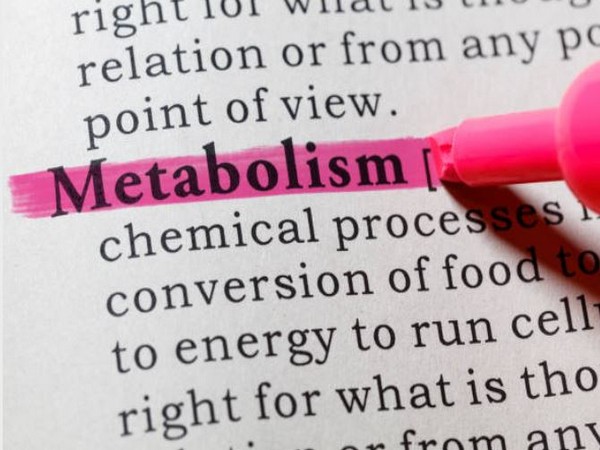Metabolic changes in plasma, immune cells associated with COVID-19 severity: Study
COVID-19 patients have different immune responses that lead to disease outcomes ranging from asymptomatic SARS-CoV-2 infection to death. After examining the blood samples from nearly 200 COVID-19 patients, researchers have uncovered underlying metabolic changes that regulate how immune cells react to the disease.

- Country:
- United States
COVID-19 patients have different immune responses that lead to disease outcomes ranging from asymptomatic SARS-CoV-2 infection to death. After examining the blood samples from nearly 200 COVID-19 patients, researchers have uncovered underlying metabolic changes that regulate how immune cells react to the disease. The findings published in the journal Nature Biotechnology suggest these changes are associated with disease severity and could be used to predict patient survival.
The research was conducted by scientists from ISB, Fred Hutchinson Cancer Research Center, Stanford University, Swedish Medical Center St. John's Cancer Institute at Saint John's Health Center, the University of Washington, the Howard Hughes Medical Institute. "We know that there is a range of immune responses to COVID-19, and the biological processes underlying those responses are not well understood," said co-first author Jihoon Lee, a graduate student at Fred Hutchinson Cancer Research Center.
"We analyzed thousands of biological markers linked to metabolic pathways that underlie the immune system and found some clues as to what immune-metabolic changes may be pivotal in severe disease. Our hope is that these observations of immune function will help others piece together the body's response to COVID-19. The deeper understanding gained here may eventually lead to better therapies that can more precisely target the most problematic immune or metabolic changes," he added. The researchers collected 374 blood samples -- two draws per patient during the first week after being diagnosed with SARS-CoV-2 infection -- and analyzed their plasma and single immune cells. The analysis included 1,387 genes involved in metabolic pathways and 1,050 plasma metabolites.
In plasma samples, the team found that increased COVID-19 severity is associated with metabolite alterations, suggesting increased immune-related activity. Furthermore, through single-cell sequencing, researchers found that each major immune cell type has a distinct metabolic signature. "We have found metabolic reprogramming that is highly specific to individual immune cell classes (e.g. "killer" CD8+ T cells, "helper" CD4+ T cells, antibody-secreting B cells, etc.) and even cell subtypes, and the complex metabolic reprogramming of the immune system is associated with the plasma global metabolome and are predictive of disease severity and even patient death," said co-first and co-corresponding author Dr. Yapeng Su, a research scientist at Institute for Systems Biology.
Su added, "Such deep and clinically relevant insights on sophisticated metabolic reprogramming within our heterogeneous immune systems are otherwise impossible to gain without advanced single-cell multi-omic analysis." "This work provides significant insights for developing more effective treatments against COVID-19. It also represents a major technological hurdle," said Dr. Jim Heath, president and professor of ISB and co-corresponding author on the paper.
"Many of the data sets that are collected from these patients tend to measure very different aspects of the disease and are analyzed in isolation. Of course, one would like these different views to contribute to an overall picture of the patient. The approach described here allows for the sum of the different data sets to be much greater than the parts, and provides for a much richer interpretation of the disease," Jim further continued. Funding for this project comes from Merck and the Biomedical Advanced Research and Development Authority (BARDA), the Wilke Family Foundation, the MJ Murdock Charitable Trust, the Swedish Medical Center Foundation, the Parker Institute for Cancer Immunotherapy, Gilead, Amazon Web Services, and the National Institutes of Health. (ANI)
(This story has not been edited by Devdiscourse staff and is auto-generated from a syndicated feed.)
ALSO READ
Nature Meets Aviation: The Grand Opening of Guwahati's Eco-Terminal
Guwahati Airport: A Nature-Inspired Aviation Hub Inaugurated by PM Modi
Nature-Inspired Terminal at Guwahati Airport: A Fusion of Tradition and Innovation
Guwahati's Nature-Themed Airport: 'The Bamboo Orchids' Sets a New Standard
Nature-Themed Terminal: A New Gateway for Assam










